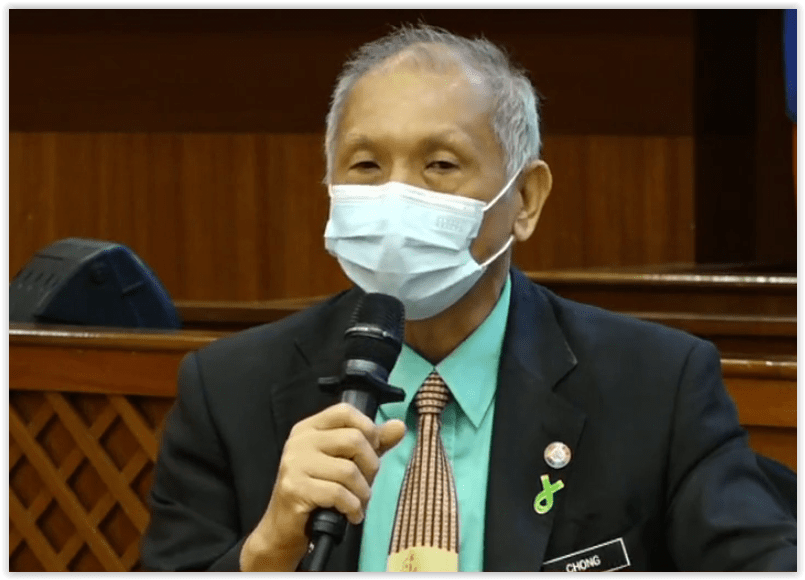KUALA LUMPUR, Nov 2 — The Greater Klang Valley Special Task Force (GKVSTF) has been transformed into the National Rapid Response Task Force, a multidiscipline national response unit set up to proactively control Covid-19 as the country prepares to transition towards endemicity.
Health Minister Khairy Jamaluddin told Parliament’s health, science and innovation committee in a meeting on September 28 that a National Rapid Response Task Force has been established, with Health deputy director-general Dr Chong Chee Kheong as chair.
“We have extended the lifespan of the GKVSTF to now become the National Rapid Task Force under Dr Chong who is the deputy director-general for public health,” he said, according to transcripts of the meeting published in the special committee’s “Transitioning from Pandemic to Endemic Covid-19 Safely and Sustainably” report that was tabled in Parliament yesterday.
Additionally, Khairy said the government is beefing up the country’s intensive care unit (ICU) capacity for both Covid-19 and non-Covid use.
“On ICU capacity we are in the midst of surging the ICU capacity so that when Covid-19 cases come down, they can be transferred back to non-Covid cases. When Covid-19 cases [go] up, there is a pool of hybrid ICUs and also field ICUs, field hospital options that we will have to deploy.
“So, we are in the midst of enhancing the capacity of ICU in the short term and of course, long term is more fund from the Economic Planning Unit (EPU) for us to build these,” Khairy said.
In an earlier meeting on September 14 with the special committee chaired by Bandar Kuching MP Dr Kelvin Yii, Khairy explained that the GKVSTF has been repurposed into the National Rapid Response Task Force so that there will be a “standing unit” that can bring “a modular intensive care unit (ICU), extra oxygen regulators and cylinders, and also manpower” that can be deployed to areas where there is a surge of Covid-19 cases that require intensive care.
“I have asked the Health secretary-general to identify a team of medical officers, nurses and medical assistants that can be on a roster to be deployed at quick notice,” Khairy said. It was noted that a modular ICU takes about 35 days to set up.
The GKVSTF has been widely commended for its multi-stakeholder approach in bringing Klang Valley’s vicious Covid-19 surge under control. As cases declined by early September, the task force submitted a request to the health minister for its dissolution on September 15.
The GKVSTF was formed on July 8 under the Ministry of Health (MOH) about a week before the federal government launched Operation Surge Capacity to accelerate the Covid-19 vaccine rollout in the Klang Valley (Selangor, Kuala Lumpur, and Putrajaya).
While Klang Valley’s accelerated vaccination rate proved crucial in bringing figures across all key indicators down, mitigation strategies under GKVSTF helped to reinforce the region’s health care system.
The GKVSTF Playbook, a documentation project led by Dr Jemilah Mahmood, revealed how the task force created a systemic pandemic response within the Klang Valley involving a wide range of stakeholders from the military to the private sector and civil societies.
With the task force came the formation of a virtual Covid-19 Assessment Centre (CAC) that currently monitors thousands of Covid-19 cases under home quarantine in the Klang Valley and the active decanting of non-Covid patients to private hospitals, among others.








